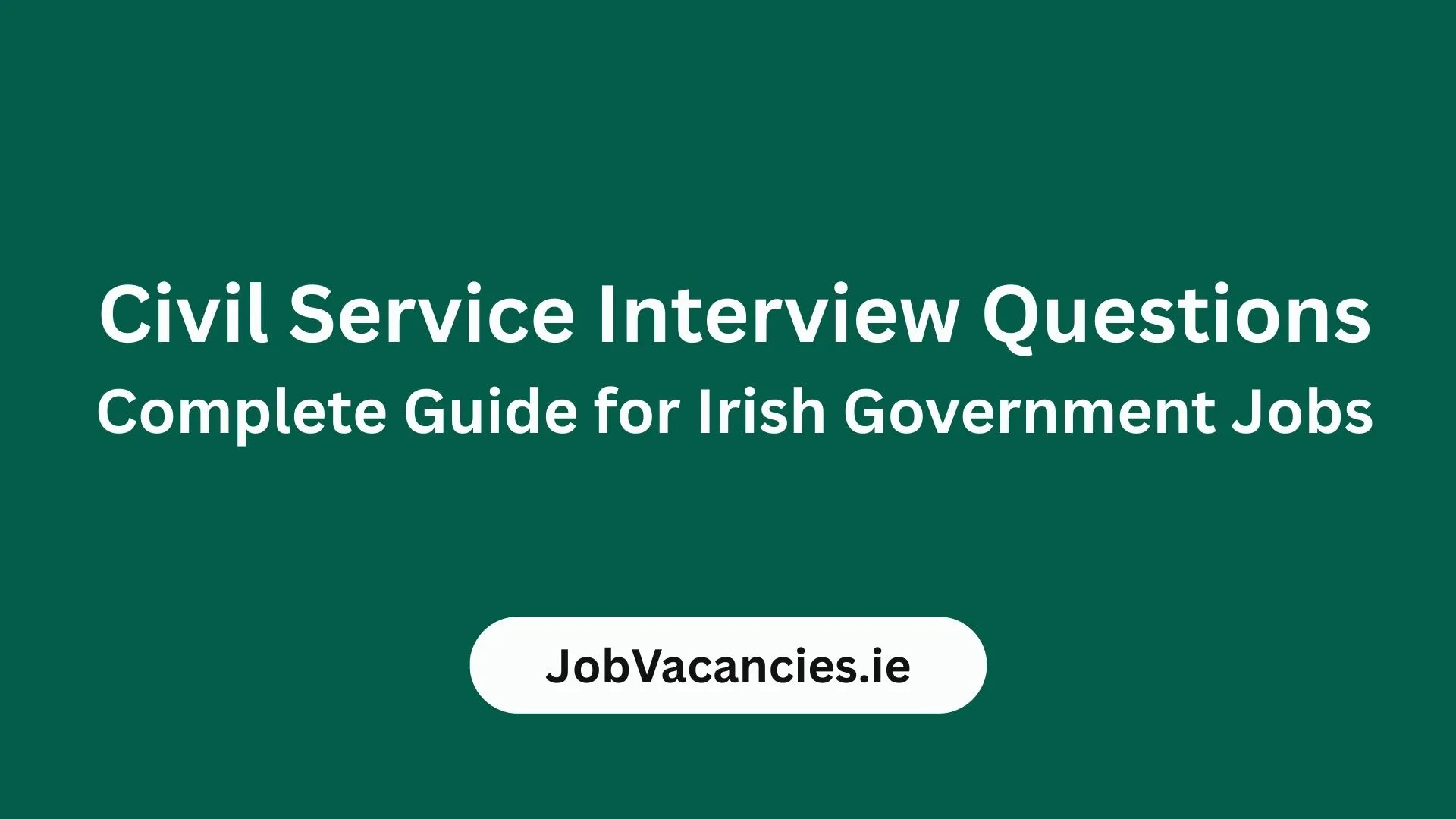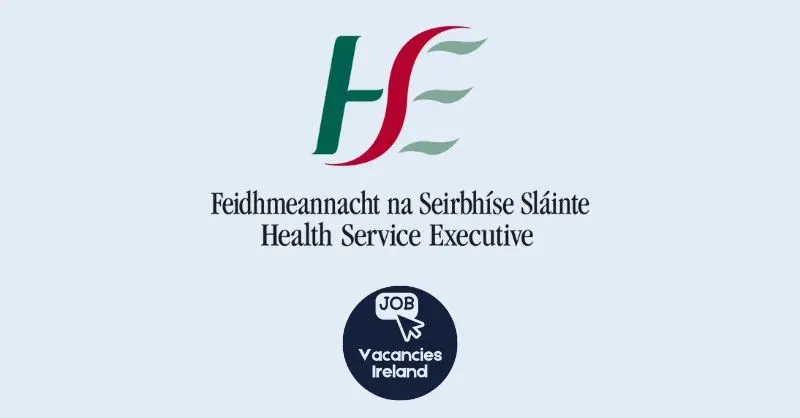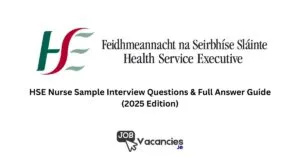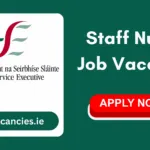Landing a job in the Irish Civil Service offers unparalleled job security, excellent benefits, and the opportunity to serve the public good. With over 40,000 civil servants across government departments, agencies, and offices, competition for these coveted positions is fierce. Understanding the interview process and preparing for the specific types of questions you’ll face can make the difference between success and disappointment.
Table of Contents
- Understanding the Irish Civil Service Interview Process
- The Structured Approach
- The PMDS Connection
- Core Competency Areas and Question Types
- 1. Delivery of Results
- 2. Working with Others
- 3. Personal Effectiveness
- 4. Leadership and Management (Senior Roles)
- Specialized Question Areas
- Policy and Public Service
- Technical and Specialist Roles
- Department-Specific Interview Focus Areas
- Department of Finance
- Department of Health
- Department of Justice
- Revenue Commissioners
- The STAR Method: Your Response Framework
- Enhanced STAR Example:
- Preparation Strategies That Work
- 1. Research and Context Building
- 2. Example Bank Development
- 3. Current Affairs Awareness
- Interview Day Success Strategies
- Professional Presentation
- During the Interview
- Scoring and Evaluation System
- Understanding the Marking Scheme
- Critical Success Factors
- Common Mistakes to Avoid
- Content Errors
- Communication Issues
- Preparation Gaps
- Post-Interview Process
- What Happens Next
- Learning from the Experience
- Department-Specific Interview Tips
- Revenue Commissioners
- Department of Social Protection
- Local Government
- Advanced Preparation Techniques
- Mock Interview Practice
- Competency Mapping
- Future Career Progression
- Panel Placement Strategy
- Long-term Career Planning
- Conclusion: Your Civil Service Success Plan
- Related Posts
This comprehensive guide reveals the interview strategies, question types, and preparation techniques you need to secure your ideal civil service role in Ireland.
Understanding the Irish Civil Service Interview Process
The Structured Approach
Irish Civil Service interviews follow a highly structured, competency-based format designed to ensure fairness and consistency across all candidates. Unlike private sector interviews that might include casual conversation, civil service interviews are formal, systematic assessments of your ability to perform specific job functions.
Key Features:
- Standardized questions for all candidates
- Competency-based evaluation against predetermined criteria
- Multiple interview panel members (typically 3-5 people)
- Detailed scoring system with specific benchmarks
- Comprehensive note-taking throughout the process
The PMDS Connection
The interview competencies often align with the Performance Management and Development System (PMDS) used throughout the Irish Civil Service, focusing on:
- Delivery of Results
- Working with Others
- Personal Effectiveness
- Leadership and Management (for senior roles)
Core Competency Areas and Question Types
1. Delivery of Results
This competency assesses your ability to achieve objectives efficiently and effectively.
Sample Questions:
Planning and Organizing:
- “Describe a time when you had to plan and execute a complex project with multiple deadlines. How did you ensure everything was completed on time?”
- “Tell me about a situation where you had to prioritize competing demands. How did you decide what to focus on first?”
- “Give me an example of when you had to adapt your plans due to changing circumstances.”
Quality and Standards:
- “Describe a situation where you identified a process that could be improved. What steps did you take?”
- “Tell me about a time when you had to ensure high standards were maintained under pressure.”
- “How do you typically check your work for accuracy and quality?”
Problem-Solving:
- “Give me an example of a complex problem you’ve solved. Walk me through your thought process.”
- “Describe a time when you had to make a decision without having all the information you would have liked.”
- “Tell me about a situation where your initial solution didn’t work. What did you do?”
2. Working with Others
This area evaluates your interpersonal skills and ability to collaborate effectively.
Sample Questions:
Communication:
- “Describe a time when you had to explain a complex concept to someone without technical knowledge.”
- “Tell me about a situation where you had to deliver difficult news. How did you approach it?”
- “Give me an example of when you had to persuade someone to see your point of view.”
Teamwork:
- “Describe a time when you had to work as part of a team to achieve a goal. What was your role?”
- “Tell me about a situation where there was conflict within your team. How did you handle it?”
- “Give me an example of when you had to support a team member who was struggling.”
Customer Service:
- “Describe a time when you dealt with a difficult customer or member of the public. What was the outcome?”
- “Tell me about a situation where you went above and beyond to help someone.”
- “How do you ensure you understand what a customer or colleague really needs?”
3. Personal Effectiveness
This competency focuses on your professional development and self-management abilities.
Sample Questions:
Learning and Development:
- “Describe a time when you had to learn a new skill quickly. How did you approach it?”
- “Tell me about a mistake you made and what you learned from it.”
- “Give me an example of how you’ve sought feedback to improve your performance.”
Flexibility and Adaptability:
- “Describe a time when you had to adapt to significant changes in your workplace.”
- “Tell me about a situation where you had to step outside your comfort zone.”
- “How do you typically respond when priorities change suddenly?”
Initiative and Innovation:
- “Give me an example of when you identified and implemented an improvement in your workplace.”
- “Describe a time when you took on additional responsibilities without being asked.”
- “Tell me about a creative solution you developed to solve a problem.”
4. Leadership and Management (Senior Roles)
For higher-grade positions, expect questions about leadership capabilities.
Sample Questions:
Leading People:
- “Describe your approach to motivating a team member who was underperforming.”
- “Tell me about a time when you had to implement an unpopular decision.”
- “How do you ensure clear communication of goals and expectations to your team?”
Strategic Thinking:
- “Describe a time when you had to develop a long-term strategy or plan.”
- “How do you stay informed about developments that might affect your area of work?”
- “Tell me about a time when you had to balance short-term pressures with long-term objectives.”
Specialized Question Areas
Policy and Public Service
Understanding of Public Service Values:
- “Why do you want to work in the civil service specifically?”
- “How do you understand the role of the civil service in Irish society?”
- “Describe what you think are the key challenges facing the Irish public service today.”
Policy Development and Implementation:
- “Describe your understanding of how government policy is developed and implemented.”
- “Tell me about a time when you had to implement new procedures or policies. How did you ensure compliance?”
- “How would you approach consulting with stakeholders on a new policy proposal?”
Technical and Specialist Roles
Professional Knowledge:
- “How do you stay current with developments in your professional field?”
- “Describe a time when you had to apply technical knowledge to solve a business problem.”
- “How would you explain your area of expertise to a non-specialist colleague?”
Department-Specific Interview Focus Areas
Department of Finance
- Budgetary process understanding
- Economic policy awareness
- Financial analysis capabilities
- Stakeholder management in economic contexts
Department of Health
- Healthcare policy knowledge
- Change management in healthcare settings
- Multi-stakeholder collaboration
- Public health understanding
Department of Justice
- Legal framework awareness
- Sensitive information handling
- Security clearance suitability
- Ethical decision-making
Revenue Commissioners
- Attention to detail
- Confidentiality management
- Customer service in regulatory contexts
- Process compliance
The STAR Method: Your Response Framework
Structure every answer using the STAR method:
S – Situation: Set the context clearly T – Task: Explain your specific responsibility
A – Action: Detail the steps you took R – Result: Describe the outcome and impact
Enhanced STAR Example:
Question: “Tell me about a time when you had to implement change in your workplace.”
Situation: “In my previous role as a team coordinator, our department was transitioning from paper-based to digital record-keeping due to new data protection requirements.”
Task: “I was responsible for leading the transition for my team of eight staff members, ensuring everyone was trained and that no data was lost during the changeover.”
Action: “I started by researching the new system thoroughly and becoming proficient myself. Then I created a step-by-step training plan, scheduled individual sessions with each team member based on their comfort level with technology, and established a buddy system pairing tech-savvy staff with those who needed more support. I also created quick-reference guides and held weekly progress meetings to address concerns.”
Result: “We completed the transition two weeks ahead of schedule with 100% staff buy-in. The new system reduced our record-processing time by 40%, and we received commendation from senior management for the smooth implementation. Six months later, staff satisfaction surveys showed improved job satisfaction due to reduced administrative burden.”
Preparation Strategies That Work
1. Research and Context Building
Government Priorities:
- Review the Programme for Government
- Study your target department’s strategic plan
- Understand current policy initiatives
- Read recent press releases and annual reports
Department-Specific Preparation:
- Organizational structure and key personnel
- Recent achievements and challenges
- Stakeholder relationships
- Budget allocation and priorities
2. Example Bank Development
Create a comprehensive bank of examples covering:
- Leadership situations (formal and informal)
- Difficult conversations and conflict resolution
- Process improvement initiatives
- Learning and development experiences
- Customer service excellence
- Change management scenarios
- Teamwork and collaboration
- Problem-solving under pressure
3. Current Affairs Awareness
Stay informed about:
- Government policy developments
- Public service reform initiatives
- EU directives affecting Ireland
- Economic indicators and trends
- Social issues and public concerns
Interview Day Success Strategies
Professional Presentation
Dress Code:
- Conservative business attire
- Dark suit (navy, charcoal, or black)
- Minimal jewelry and accessories
- Professional grooming standards
Arrival and Setup:
- Arrive 15 minutes early
- Bring multiple copies of your CV
- Prepare specific questions about the role
- Review your application form beforehand
During the Interview
Communication Excellence:
- Listen carefully to each question
- Ask for clarification if needed
- Maintain eye contact with all panel members
- Speak clearly and at an appropriate pace
- Structure responses logically
Managing Nerves:
- Practice deep breathing techniques
- Take a moment to organize thoughts
- Remember your preparation – you’re ready
- Focus on demonstrating your capabilities
Scoring and Evaluation System
Understanding the Marking Scheme
Civil service interviews typically use a 100-point scale with clear performance indicators:
90-100 points: Exceptional Evidence
- Demonstrates outstanding capability
- Provides multiple relevant examples
- Shows innovative thinking and leadership
70-89 points: Strong Evidence
- Clearly meets all requirements
- Provides good examples with clear outcomes
- Demonstrates solid understanding
50-69 points: Satisfactory Evidence
- Meets basic requirements
- Provides adequate examples
- Shows understanding of key concepts
Below 50 points: Insufficient Evidence
- Does not meet minimum requirements
- Lacks relevant examples
- Shows limited understanding
Critical Success Factors
- Pass mark typically ranges from 50-60% overall
- Minimum scores required in each competency area
- Consistency across all areas is crucial
- Relevant examples must demonstrate personal involvement
Common Mistakes to Avoid
Content Errors
- Hypothetical responses instead of real experiences
- Vague examples without specific details
- Team achievements without clarifying personal role
- Negative comments about previous employers
- Policy criticism without constructive alternatives
Communication Issues
- Rambling responses without clear structure
- Interrupting panel members
- Defensive reactions to challenging questions
- Inappropriate humor or casual language
- Failing to answer the question asked
Preparation Gaps
- Insufficient research about the department
- Limited example bank covering required competencies
- Poor understanding of civil service values
- Weak closing questions about the role
Post-Interview Process
What Happens Next
Timeline:
- Decision notification: Typically within 2-3 weeks
- Feedback provision: Available to all candidates
- Medical clearance: For successful candidates
- Security clearance: Department-dependent requirements
Outcome Possibilities:
- Successful: Offered position or placed on panel
- Placed on panel: May be called for future vacancies
- Unsuccessful: Detailed feedback provided
Learning from the Experience
Successful Candidates:
- Prepare for onboarding and induction
- Research team dynamics and department culture
- Plan initial 90-day goals and objectives
Unsuccessful Candidates:
- Request detailed feedback for improvement
- Identify development areas for future applications
- Consider alternative civil service opportunities
- Maintain professional networks within the sector
Department-Specific Interview Tips
Revenue Commissioners
- Emphasize attention to detail and accuracy
- Demonstrate integrity and confidentiality awareness
- Show customer service skills for taxpayer interactions
- Understand tax policy basics and compliance importance
Department of Social Protection
- Highlight empathy and people skills
- Demonstrate patience with vulnerable populations
- Show understanding of social welfare system
- Emphasize accuracy in benefit calculations
Local Government
- Community service orientation
- Stakeholder engagement experience
- Local knowledge and awareness
- Practical problem-solving abilities
Advanced Preparation Techniques
Mock Interview Practice
Professional Development:
- Record practice sessions for self-review
- Practice with colleagues in similar roles
- Join professional associations offering interview coaching
- Attend civil service preparation workshops
Competency Mapping
Create a detailed matrix showing:
- Each competency area vs. your prepared examples
- Multiple examples per competency to avoid repetition
- Different contexts (work, volunteer, academic)
- Progression and development over time
Future Career Progression
Panel Placement Strategy
If placed on a panel:
- Stay engaged with recruitment updates
- Continue professional development
- Network within the civil service community
- Monitor department expansion and restructuring
Long-term Career Planning
Promotion Pathways:
- Grade progression through competitions
- Specialist roles in policy areas
- Management development programs
- Inter-departmental mobility opportunities
Conclusion: Your Civil Service Success Plan
Success in civil service interviews requires thorough preparation, authentic examples, and clear demonstration of public service values. The structured nature of these interviews actually works in your favor – you know exactly what they’re assessing and can prepare accordingly.
Remember that the Irish Civil Service seeks professionals who combine technical competence with strong interpersonal skills and a genuine commitment to public service. Your interview is an opportunity to demonstrate not just what you can do, but how your values align with serving the Irish people.
The civil service offers exceptional career stability, progressive policies, and the chance to make a meaningful impact on Irish society. With proper preparation and the strategies outlined in this guide, you’re well-positioned to join this vital institution.
Key Takeaways:
- Master the STAR method for structured responses
- Prepare multiple examples for each competency area
- Research your target department thoroughly
- Practice professional communication skills
- Understand public service values and demonstrate commitment
- Stay current with government priorities and policies
Ready to start your civil service career? Browse current opportunities and begin your application journey today. With dedication, preparation, and the insights from this guide, your ideal government role awaits.
Discover the latest civil service vacancies and application guidance at JobVacancies.ie – Ireland’s premier destination for public sector career opportunities. Start building your future in public service today.








